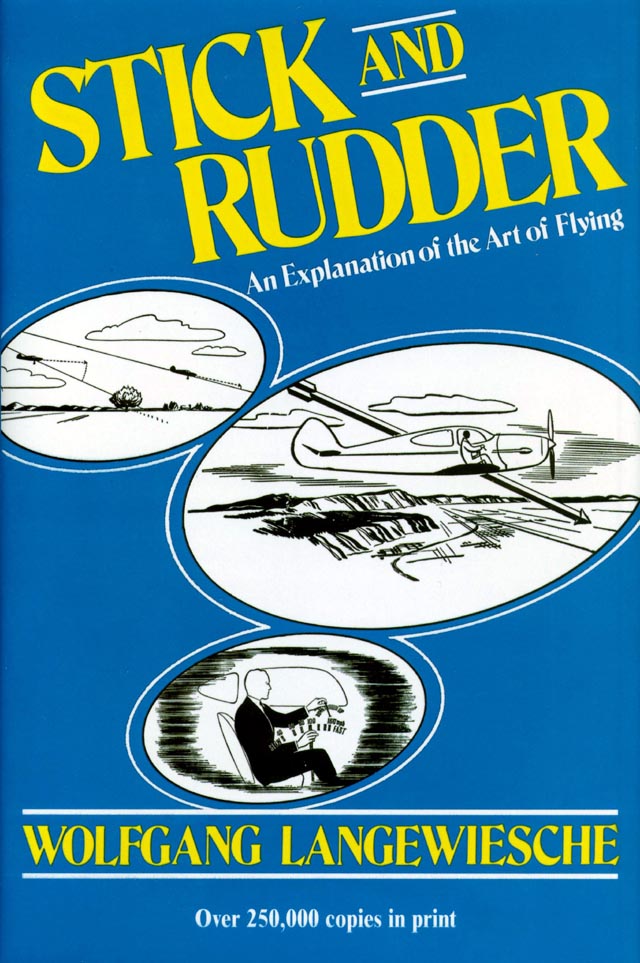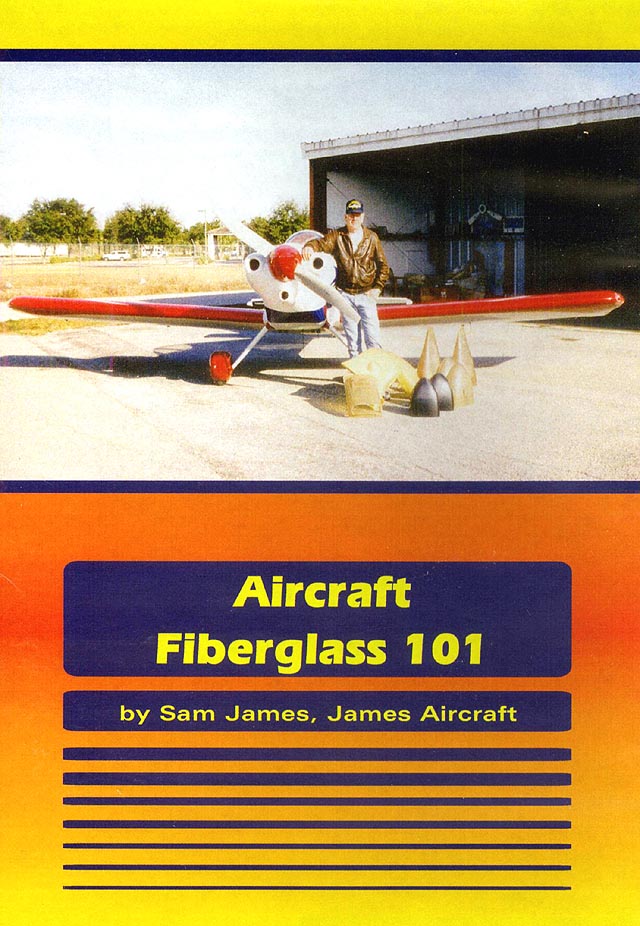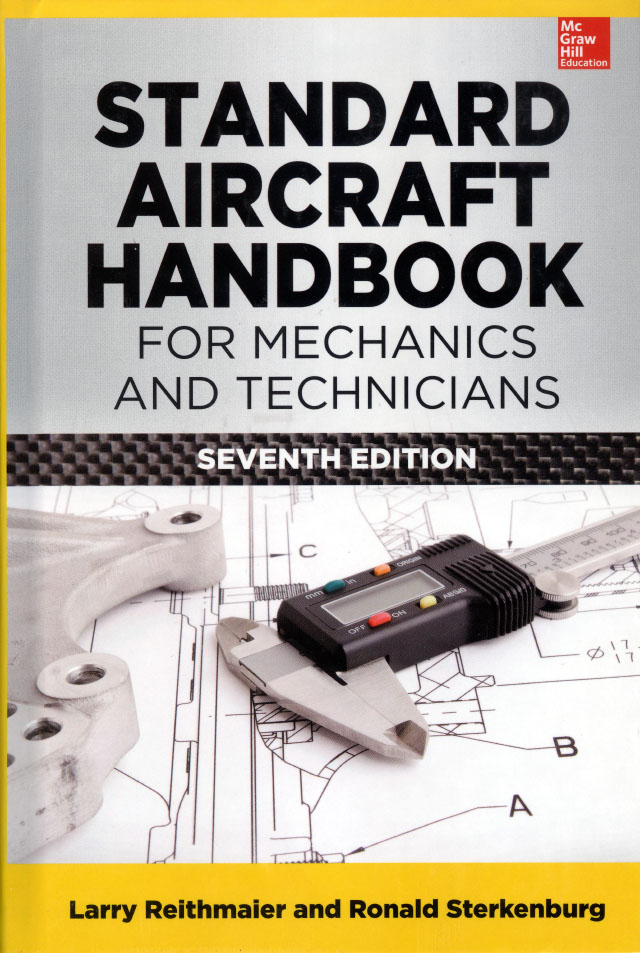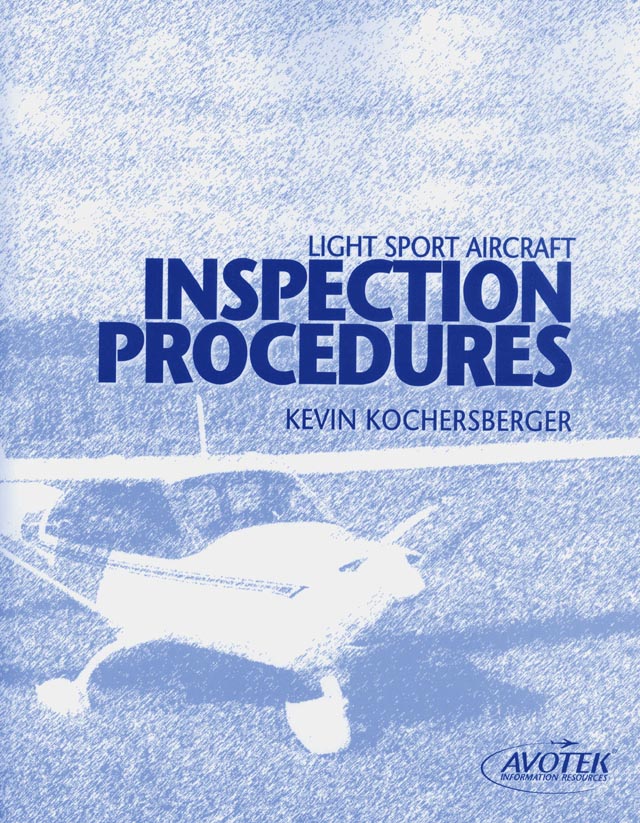Description
If you took a poll and asked a bunch of experienced pilots to name the “best” book they ever read on how to fly an airplane, the classic Stick and Rudder would almost certainly earn the top spot. Since it was first published in 1944, pilots in all areas of flight have discovered Stick and Rudder to be an immensely valuable resource that has greatly improved their understanding of what a pilot really does as he or she flies an airplane. Langewiesche cuts through the abstract aerodynamic theories and notions (which often confuse pilots or are misunderstood) and gets down to what really matters to the pilot… how the airplane actually behaves and why. Langewiesche teaches readers what really happens in response to a particular action on the part of the pilot, why it happens, and how to get the plane to behave as you want. Sometimes drawing analogies to more familiar activities, Langewiesche does a great job of instilling the basic understanding and knowledge that will help you to become a better and safer pilot. While aircraft technology has changed much since the book was written, the fundamentals of piloting airplanes remain the same… this book is as relevant today as it was in World War II. Whether you’re a new student pilot just starting out or a high-time experienced instructor, this classic book should be required reading! With clear illustrations, and a special section by Air Facts editor Leighton Collins on “The Dangers of The Air” covering many common accident causes and how to avoid them.
Written by Wolfgang Langewiesche, Copyright 1944, 1972. ISBN 0-07-036240-8. Published by McGraw-Hill. 390 Pages, Hardcover.
Chapters include:
| Part I: Wings 1. How a Wing Is Flown 2. The Airplane’s Gaits 3. Lift and Buoyancy 4. The Flying Instinct Part II: Some Air Sense Part III: The Controls |
Part IV: The Basic Maneuvers 12. The Turn 13. Straight and Level Cruising 14. The Glide Part V: Getting Down Part VI: The Dangers of the Air Part VII: Some More Air Sense |





Reviews
There are no reviews yet.